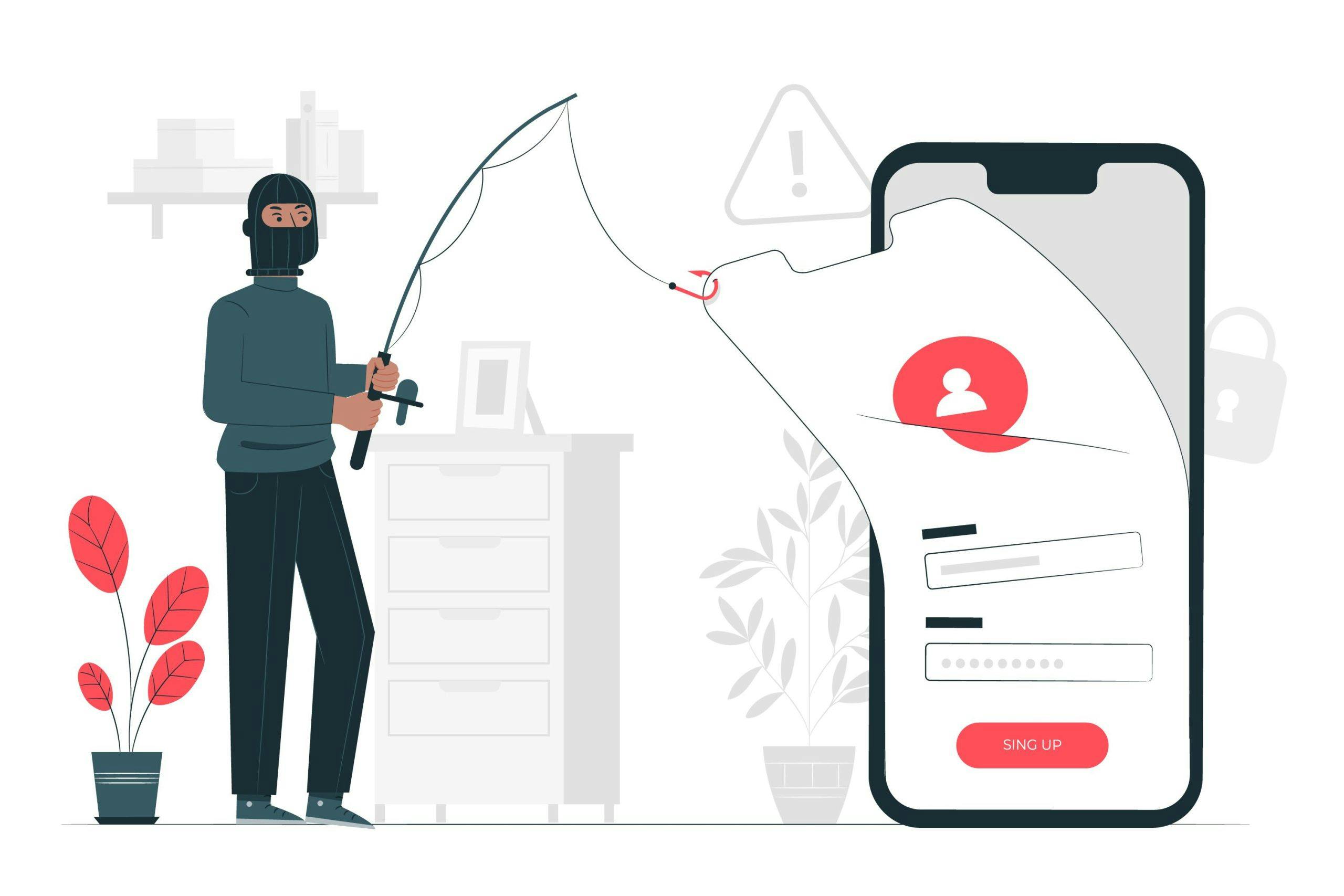Stay Safe on Facebook: Beware of Phishing Attempts
In recent times, an alarming number of phishing attempts have been reported, specifically targeting Facebook users. These deceptive emails cunningly impersonate the popular social media platform, aiming to steal your sensitive information. To safeguard yourself and your personal information, it is vital to be aware of these malicious practices.

Recognizing a Phishing Attack
While Facebook maintains robust security measures, it’s important to understand that it cannot control what lands in personal email inboxes. To safeguard our users, we want to shed light on one of the most prevalent cyber threats – phishing.
Phishing is a widely used cyber attack method that targets both individuals and organizations worldwide. The main objective of phishing attacks is to trick you into divulging sensitive data, such as usernames and passwords, credit card numbers, or information about bank accounts.
Here are some common types of phishing attacks to be vigilant about:
- Phishing: In this type of attack, cybercriminals impersonate legitimate companies to deceive you into revealing your login credentials. They may send you an email requesting that you confirm your account data, along with a link to a fraudulent login site where your personal data is collected.
- Spear Phishing: Spear phishing is a more advanced type of phishing that uses tailored information to make the attacker look trustworthy. They might use your name, phone number, and reference a specific company to make you believe they have a genuine connection with you, increasing the chances that you’ll click on their provided links or attachments.
- Shared Document Phishing: These emails may appear to come from popular file-sharing services like Dropbox or Google Drive, notifying you of a shared document. The link in these emails will direct you to a phony login page that carefully duplicates the real login page in an effort to steal your account information.

Protect Yourself from Phishing
To shield yourself from falling victim to these phishing scams, adhere to the following best practices for email security:
- Avoid Clicking on Suspicious Links or Attachments: Never click on links or open attachments in emails from unknown senders, especially if they contain .zip or executable files.
- Do Not Share Sensitive Information: Avoid sending sensitive personal information over email, such as usernames and passwords.
- Inspect Email Senders and URLs: Be wary of email senders that use suspicious or deceptive web addresses. Scrutinize URLs to ensure they are legitimate and not counterfeit websites.
- Exercise Caution with Shared Documents: Do not open shared documents in emails unless you are expecting them. Verify the legitimacy of the sender.
- Contact Support Directly: If you have any doubts about an email’s authenticity, reach out to the company’s support team via their official website or chat service. Never contact someone using the details provided in a sketchy email.
- Be Cautious with Email Attachments and Links: If you get an email with a warning flag suggesting that it came from an outside source, proceed with caution when opening files or clicking on links.
- Enable Two-Factor Authentication (2FA): Enable two-factor authentication on your accounts wherever possible to ensure an extra degree of protection.
Keep in mind that protecting your personal data in today’s digital world requires being alert and informed. Be cautious, be safe, and protect your online presence from phishing attempts.

If you like to stay up-to-date on the latest digital marketing trends and strategies, keep an eye on Notionhive Digital.
